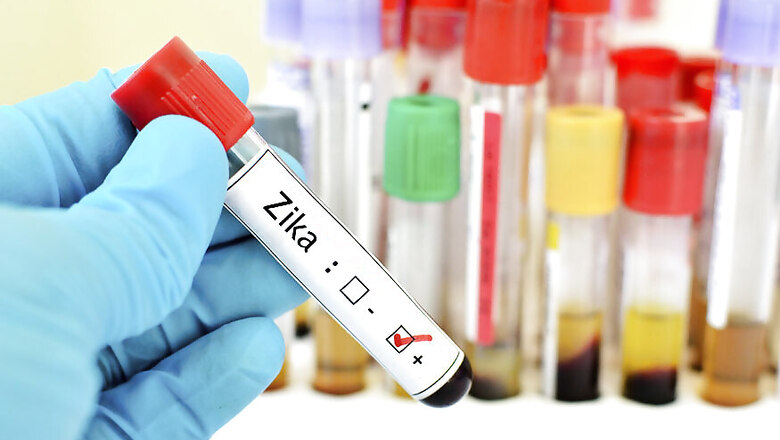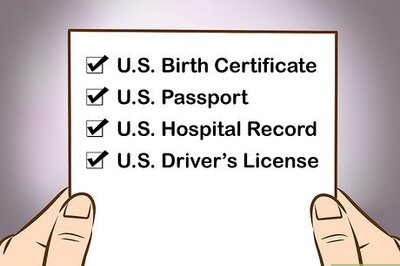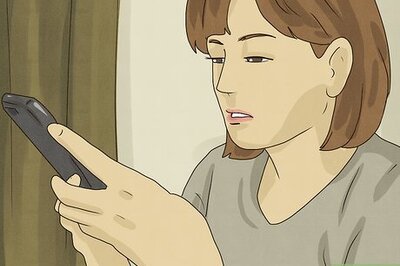
views
Mosquito-borne disease, dengue, was reported from Broward and Miami-Dade counties. The first dengue fever in Broward was reported on Friday, while Miami-Dade reported fourth case of the vector-borne disease.
A Sun-Sentinel report quoted the Pan American Health Organization saying that 723 individuals in the tropical region have died so far due to a mosquito-borne disease.
It is possible that the people tested positive with dengue may have been bitten by mosquitoes in South and Central America and the Caribbean, bringing it to South Florida.
Both dengue and Zika virus are transmitted mainly by the Aedes aegypti mosquito, which thrives in densely populated tropical climates and breed in stagnant pools of water.
The only difference is that dengue fever can be fatal in severe cases, resulting in shock, internal bleeding, and death.
Symptoms of dengue:
Mild symptoms of dengue can be confused with other illnesses that cause rash, pains, aches and fever. The most common symptom of dengue fever includes:
- Fever as high as 106 degree Fahrenheit
- Muscle pain
- Joint and bones pain
- Pain behind eyes
- Nausea
- Rash
In some cases, a person infected with dengue can witness minor bleeding from gums or nose.
Platelets count of the person infected with dengue drops down making him/her weak and fatigue.
Most people recover within a week or so but in some cases, symptoms worsen and can become life-threatening. Blood vessels often become damaged and leaky and the number of clot-forming cells or platelets in bloodstream drops which may result in bleeding from nose and mouth, severe abdominal pain, continuous vomiting, bleeding under the skin (might look like bruising), problems with lungs, liver and heart.
Dengue treatment:
There is no specific medicine so far to treat dengue fever but a person having any symptoms should visit the nearest hospital and get him/her tested and must follow advise prescribed of the doctor. A person can have pain relievers with acetaminophen and must avoid medicines with aspirin as it could worsen bleeding.
A person infected with dengue should also drink plenty of fluids and take adequate rest.
Prevention from dengue
Prevention is always better than cure. The only way to prevent oneself from falling prey to this vector-borne disease is by avoiding mosquito bite because a vaccine can't protect against dengue. Dengue mosquitoes bite during the noontime. So avoid stepping out during noon and dusk.
According to WebMD, the FDA, in 2019 has approved a vaccine called Dengvaxia to help prevent the disease from occurring in adolescents aged nine to 16 who have already been infected by dengue.
But currently, there is no vaccine to prevent the general population from contracting it.
- Use a mosquito repellent with at least 10 per cent concentration of diethyltoluamide (DEET). Reduce exposed skin by wearing long-sleeved shirts, long pants, socks to prevent from being bitten by the dengue mosquito.
- Use mosquito nets, screens to keep mosquitoes out.
- Avoid applying perfumes and soaps which may attract mosquitoes.
- Aedes mosquito breeds in clean or stagnant water. Remove any stagnant water in your vicinity.
- Clean water coolers, containers, buckets once a week as the mosquitoes that spread the dengue virus breed in such water.
- Must make it a point to keep wet garbage separate and covered. Segregate the waste in the house into wet and dry, especially during the season of transmission of dengue. This will restrict the growth and breeding of dengue mosquitoes.

















Comments
0 comment